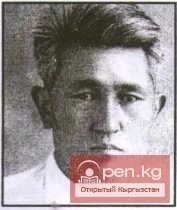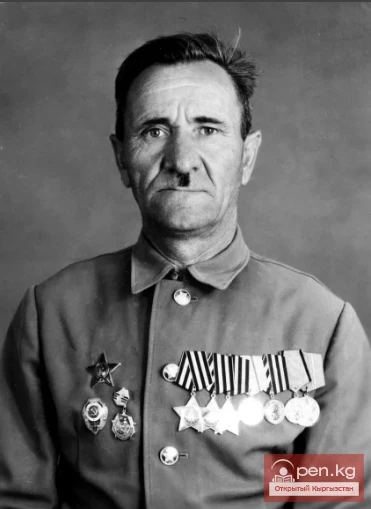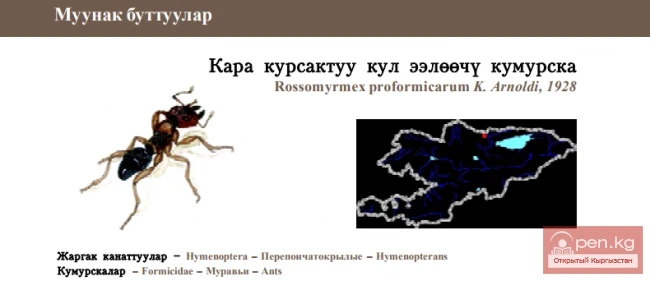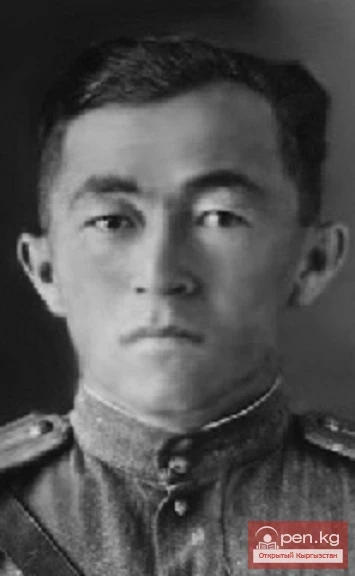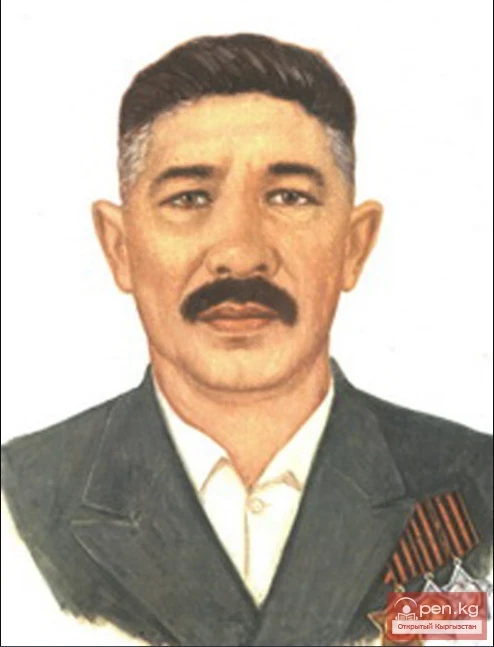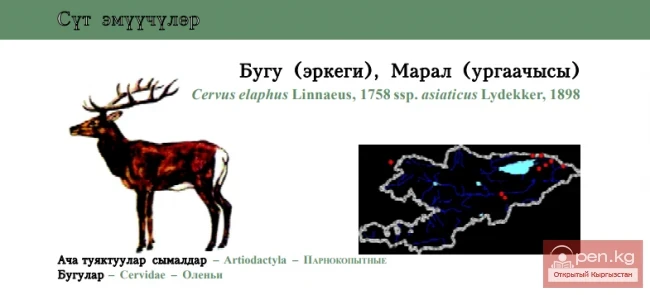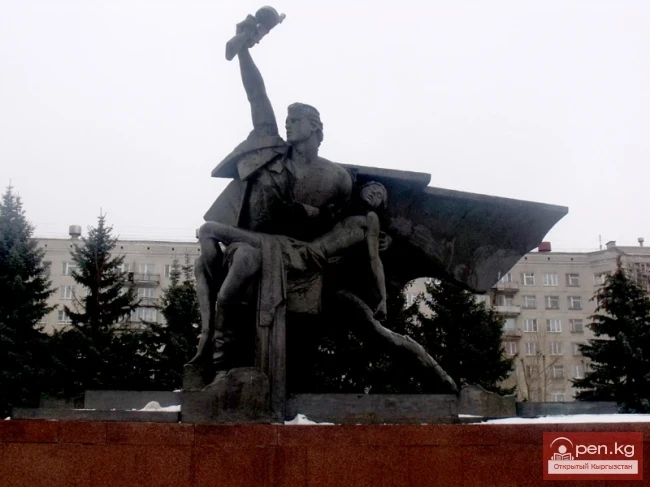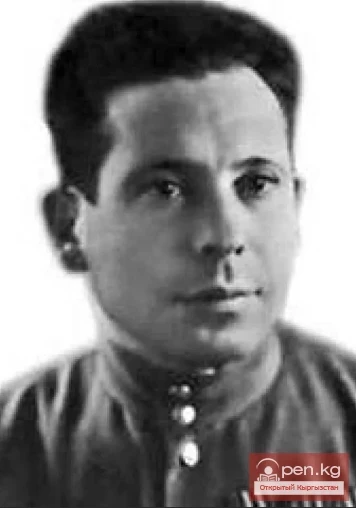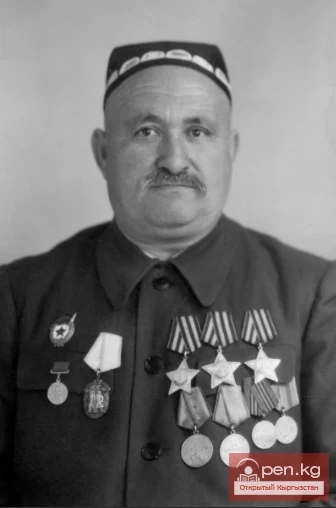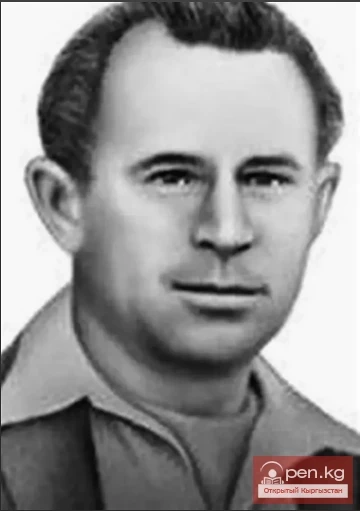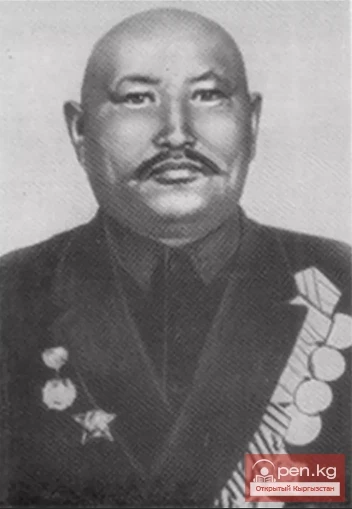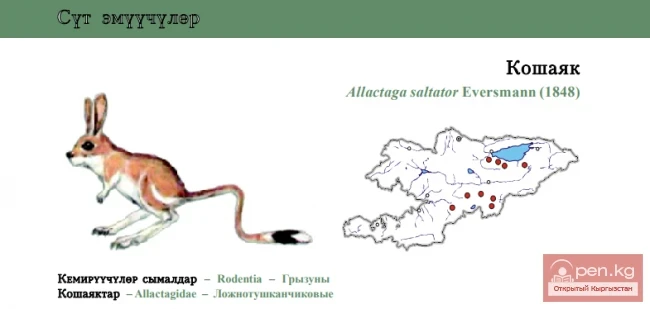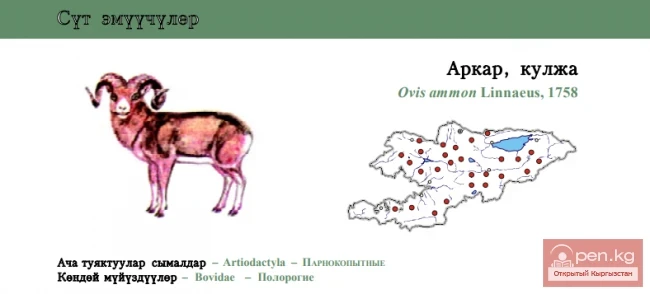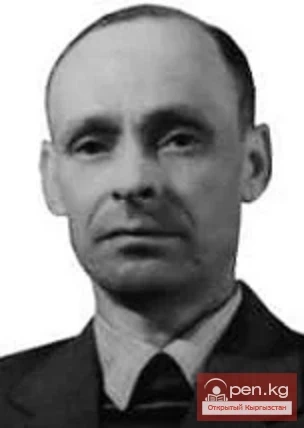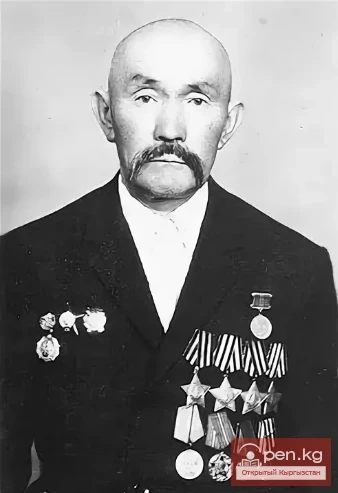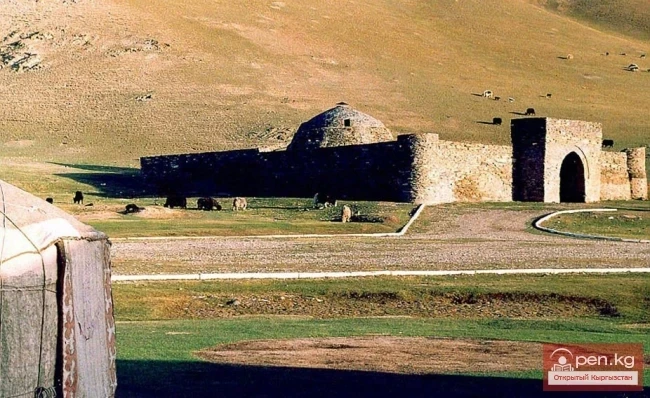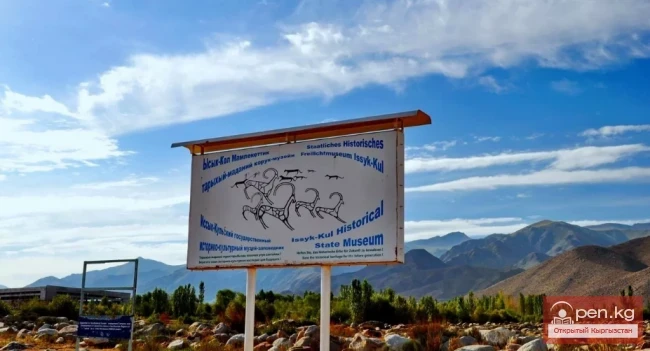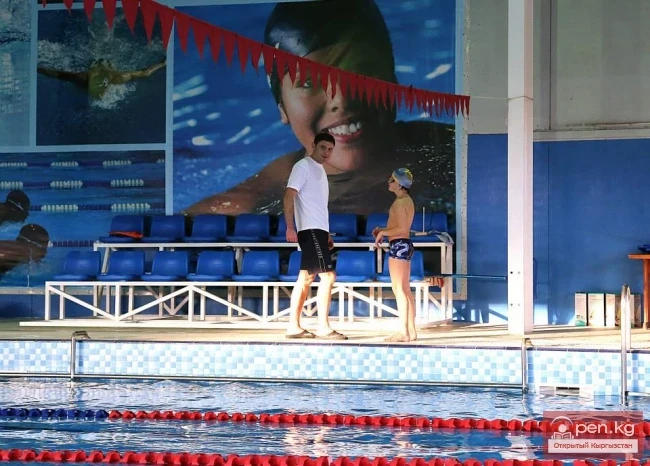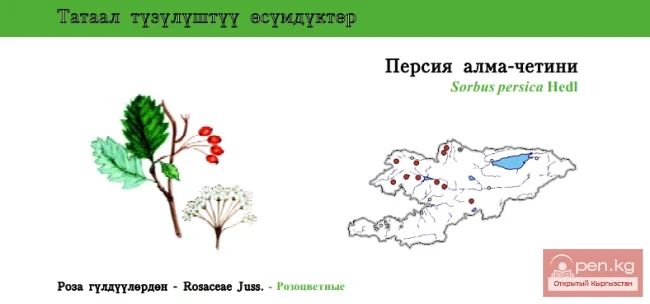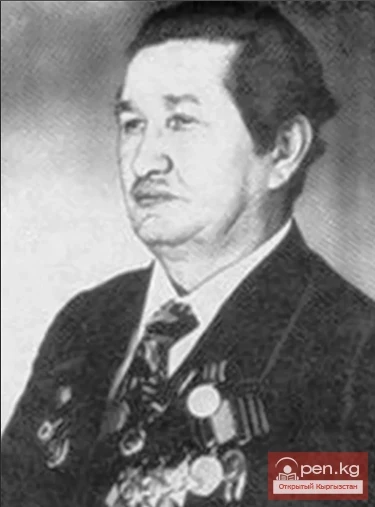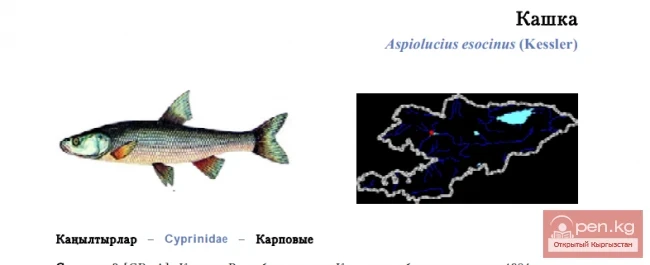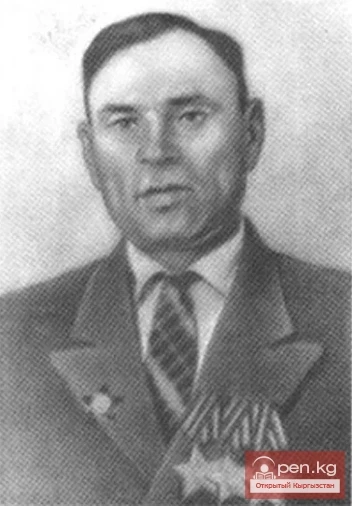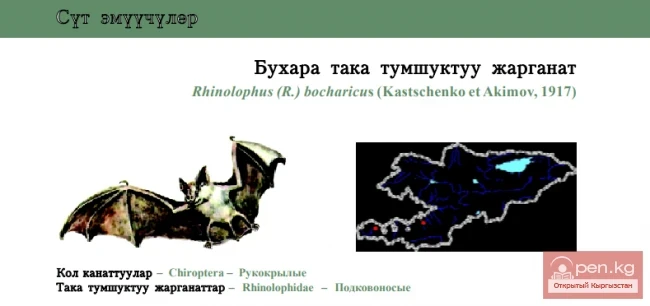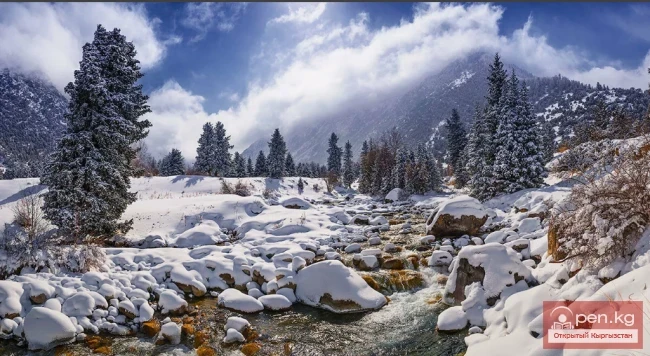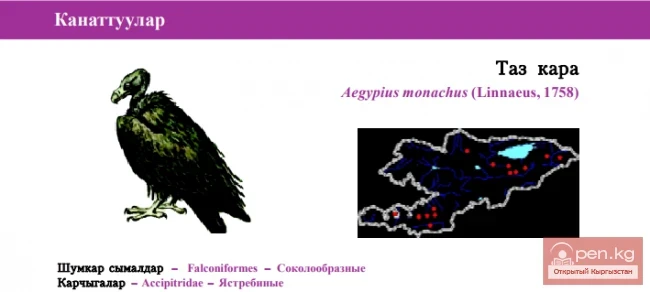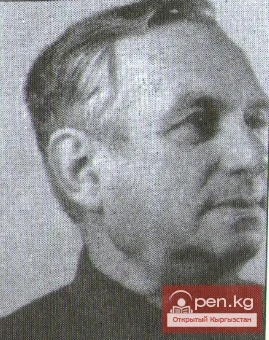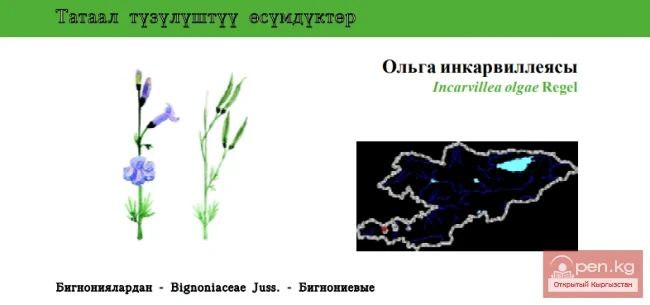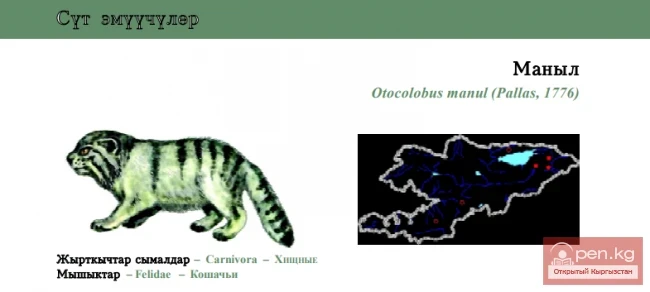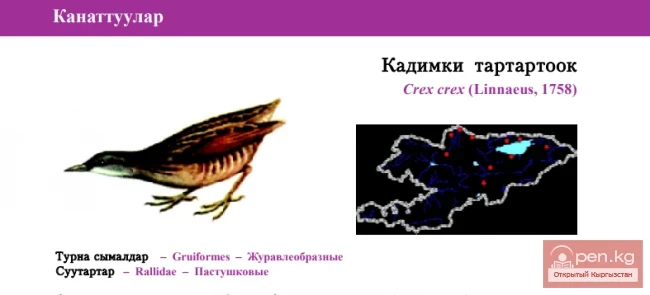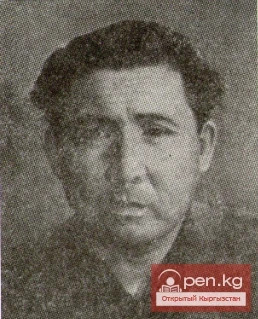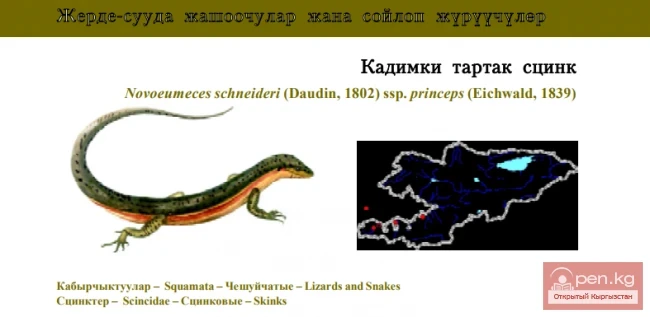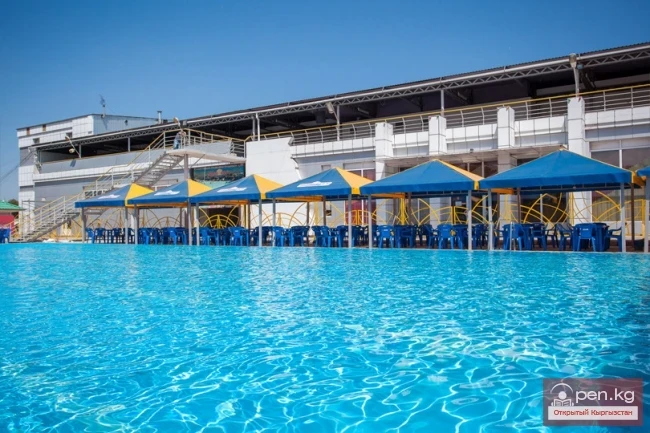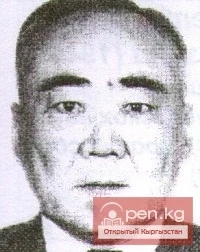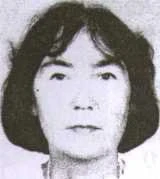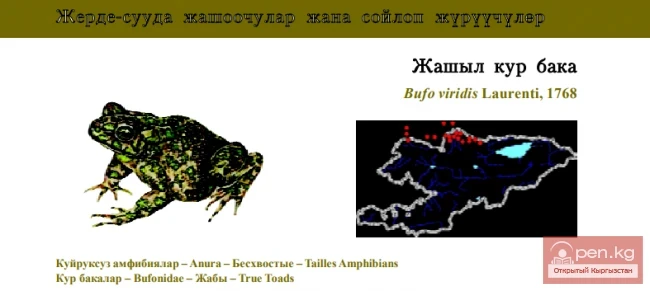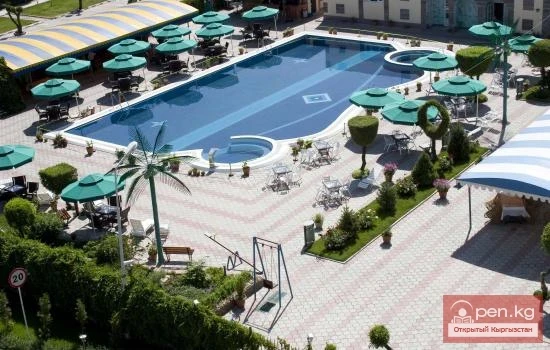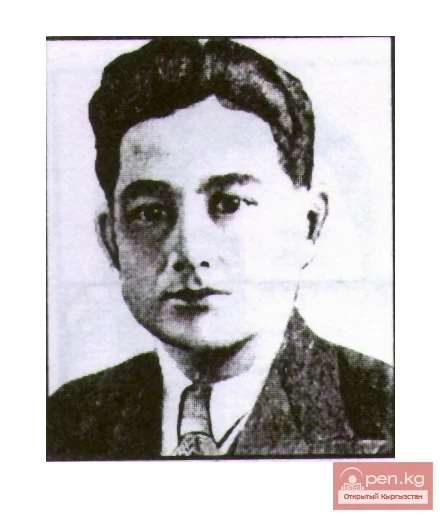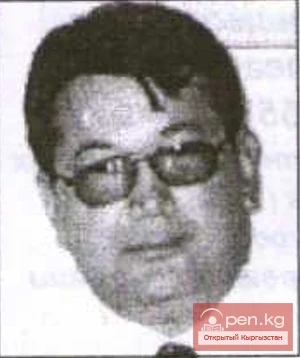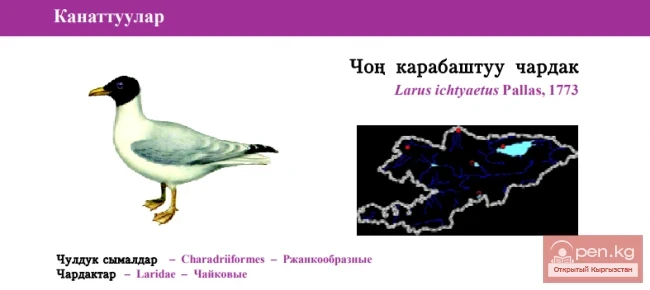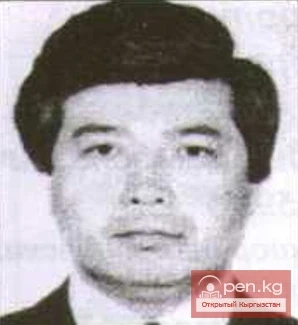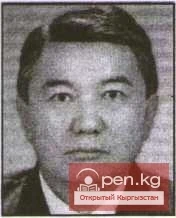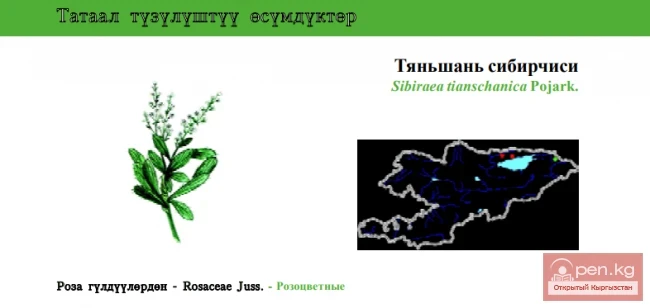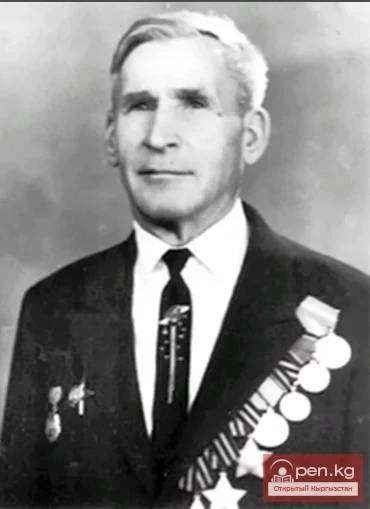
Bulankov Dmitry Grigoryevich
- assistant commander of the platoon of the 176th rifle regiment (46th rifle division, 2nd shock army, 2nd Belarusian front) sergeant – at the time of the award for the Order of Glory of the 1st class.Born on February 23, 1914, in the village of Kurakovo, now in the Chebulinsky district of the Kemerovo region, in a working-class family. Russian. Completed 4 grades of school. Worked in a gold mining mine in the Tisulsky district of the Novosibirsk region.
In February 1942, he was drafted into the Red Army by the Tisulsky military enlistment office. From September 1942, he was in the active army. He fought on the fronts: Volkhov, Leningrad, and 2nd Belarusian fronts. He served in the 176th rifle regiment of the 46th rifle division. Until January 1944, the division held the defense on both the right and left banks of the Neva River in the area of Neva Dubrovka - on the legendary Nevsky patch. Then he participated in the battles to break the blockade of Leningrad and in the Vyborg-Petrozavodsk operation.
On June 12, 1944, during the repulsion of enemy counterattacks on the northern shore of the Gulf of Finland near the city of Terijoki (now Zelenogorsk, Leningrad city council), Red Army soldier Bulankov, acting in the forward observation post, together with a group repelled 5 enemy attacks, personally destroying 8 enemy soldiers. He was lightly wounded but did not leave the battlefield.
By the order of the 46th rifle division (No. 47/n) dated June 20, 1944, Red Army soldier Bulankov Dmitry Grigoryevich was awarded the Order of Glory of the 3rd class.
In the fall of 1944, as part of the 2nd shock army, the division participated in the Tallinn offensive operation of the Leningrad front. In these battles, junior sergeant Bulankov commanded a rifle squad of the same regiment.
From September 17 to 26, 1944, during the battles for the liberation of Estonia, he showed courage and bravery. In a battle 9 km southwest of the village of Vykhma (Viljandi district, Estonia), junior sergeant Bulankov was the first from the platoon to rise to attack, killing 9 Germans and capturing 7 along with his fighters.
By the order of the troops of the 2nd shock army (No. 152/n) dated October 24, 1944, junior sergeant Bulankov Dmitry Grigoryevich was awarded the Order of Glory of the 2nd class.
In late September 1944, the division, along with other units of the 2nd shock army, was withdrawn to the reserve of the High Command and in October was transferred to the 2nd Belarusian front. In the battles for East Prussia, it participated in the East Prussian (including the Mlawa-Elbing front) and East Pomeranian strategic offensive operations. In these battles, assistant commander of the rifle platoon sergeant Bulankov was awarded the Order of the Red Star and the Medal for Courage.
A large rich estate on the banks of the Vistula was called Gutta. The manor house was destroyed. In the courtyard, paved with stone, there were deep craters, several trees cut down by shells formed a pile, part of the lattice fence fell on the living hedge and crushed it. But the outbuildings remained intact: a stable, a cowshed, and a servants' house.
The platoon took up defense and for the first two days only heard the roar of battles in the neighboring sectors of the bridgehead. On the third day, the sergeant went to the company commander to find out what the order would be.
— It seems we are stuck, — he said.
The senior lieutenant was equally upset by the inaction.
— It has been ordered to strengthen the defense, — he replied angrily to Bulankov's suggestion to advance.
Bulankov returned to the estate and, having checked the sentries, was about to start writing letters home when a shout rang out: “Tanks!”
In the field, behind the fallen fence, tanks appeared, and behind them, crouching, infantry was running.
— To your places, to battle! — commanded Bulankov.
The soldiers rushed into the trenches, prepared their weapons, and soon the crews of the anti-tank guns opened fire.
The fascists lay down in the stubble, waiting for the tanks to suppress the firing points. Two tanks were heading towards the ruins of the manor house, believing that there was the main node of defense. The third tank was firing at the outbuildings. Behind it was a self-propelled gun. Then it stopped and opened fire on the garden adjacent to the courtyard. The attack was calm, as if the Germans knew that there was only one platoon in front of them and thought they could crush it without much effort.
The fire from our anti-tank guns initially yielded no results. The tanks were far away and approaching slowly. Bulankov ordered to cease fire, conserve ammunition, and let the tanks come closer. It became quiet on our positions. The clanking of tracks and the rumble of engines could be heard. And in the ruins, in the garden, and in the buildings, shells were exploding, causing no harm to the platoon. Soon the servants' house caught fire. The wind from the Vistula carried the smoke over our trenches across the field. The fascist infantry, thinking that it was covered by this smoke screen, began to approach in short dashes. Our machine gunners opened fire on them. They lay down again and began to dig in. Two tanks unexpectedly turned towards the garden, believing that their infantry was stopped by the firing points located there. They were already very close and were moving diagonally along our positions.
Bulankov ordered to open fire. After several shots, the tanks almost simultaneously began to smoke, and tankers started jumping out of them, but they immediately came under fire from our machine gunners. The third tank and the self-propelled gun hastily turned back, but after retreating to the middle of the field, they stopped and opened fire on the courtyard of the estate. Shells exploded behind the trenches, still causing no harm, while the enemy infantry, unable to dig in, opened indiscriminate fire from their automatics and rifles. Bullets buzzed over the trenches, clanged against the stone buildings, and ricocheted, buzzing away towards the Vistula. The platoon soldiers chuckled:
— They are raging, but they don’t know why...
— They are wasting extra ammunition to make it easier to retreat.
At that moment, it started to rain. The burning servants' house steamed and soon went out. The Germans ceased fire, and it was clear that they were hurrying to finish digging in. The tank and self-propelled gun continued to fire, as if just to disturb our positions. And the rain intensified, and soon the field was covered with puddles.
Then two more tanks appeared behind the field. They were moving at high speed, and liquid mud was flowing from under their tracks. The firing tank and self-propelled gun, roaring with engines, also headed for our trenches.
The platoon prepared to meet them with anti-tank grenades. The front tank frequently turned left and right; the crew of the "Peters" could not hit it, and it, having passed the trenches, went into the garden, breaking and uprooting young trees. The second tank stopped, hit. The third also passed the trenches but was on fire, blown up by grenades.
The self-propelled gun was heading straight for Bulankov. He had no grenades. He looked at the crew of the anti-tank gun. The gun lay on the parapet, its first number was trying to rise from the bottom of the trench, flooded with water, but, grabbing his shoulder, fell.
Bulankov rushed to the gun, fired once, then a second time, the self-propelled gun swerved to the side and stopped. Our fighters fired at it from their automatics, destroying the crew that had jumped out. The tank that had broken through was leaving through the garden and was blown up by a neighboring platoon.
The shooting and noise ceased, only the sound of rain remained. The trenches were flooded with muddy water. The soldiers were soaked and covered in mud.
The fascists decided to eliminate the platoon and went on the attack again, not waiting for new tanks. At the signal of a white rocket, they jumped out of their little dugouts and rushed at our trenches, firing long bursts. Slipping, they fell into puddles, but immediately jumped up and ran again, as if they were in a hurry to take shelter from the rain in the surviving buildings of the estate.
The platoon let them get within range of aimed fire and forced them to lie down, but after two or three minutes they got up again to attack. The platoon met them with grenades. The Germans retreated to their little dugouts, not in a hurry, in twos and threes.
And then Bulankov climbed up on the parapet.
— Forward, follow me! — he shouted.
The platoon rushed into a counterattack. The soldiers understood their commander; they needed to capture the enemy's weapons and ammunition, otherwise, they would not repel the next attack. The assault was swift and unexpected for the fascists. They did not have time to retreat to their trenches. Hand-to-hand combat began.
Bulankov was the first to pick up the automatic weapon of a killed fascist and sprayed fire at the fleeing enemy. Some fell dead, others hurried to raise their hands. The fight ended at the very dugouts. Among the prisoners was one officer, and among the trophies were several light machine guns and boxes of ammunition. “This will last until morning,” the soldiers said when they gathered everything and brought it to the stable. Some broke the wooden partitions, lit fires to dry off. The prisoners were sent to the company commander.
It was already getting dark. The overcast day was replaced by gray gloomy twilight. New tanks appeared on the field, and behind them, just like during the day, infantry was running. This was the fourth attack. The platoon met it in trenches flooded with cold water, which was covered with a thin layer of ice. But as soon as the first shots from the "Peters" rang out from the right, a sharp crack of "forty-fives" came from behind the little forest, and the leading tank burst into bright flames.
— We live, Slavs! — rang out over the platoon's trenches.
The burning "Tiger" stopped the other tanks. Backing away, they left the field. And then the roar of engines began to weaken and completely died down.
Bulankov and the soldiers could barely stand on their feet. Wet and tired, they wanted only one thing — to warm up. And when a unit of the Polish army arrived to replace them, they did not leave anywhere — they stayed in the stable by the big fire. The Polish soldiers shared dry shirts and foot wrappings with our soldiers.
On February 16, 1945, on the western bank of the Vistula River near the settlement of Gutta (11 km west of the city of Grudziądz, Poland), Sergeant Bulankov, while repelling an enemy counterattack from an anti-tank gun, the crew of which was out of action, knocked out an assault gun. Then, when ammunition was running low, he led his soldiers into an attack and was the first to burst into the enemy's position. Personally, with his automatic weapon, he killed up to 10 Germans. The enemy retreated in panic. In this battle, the platoon under his command destroyed up to 50 enemy soldiers and officers and captured 18.
In one of the subsequent battles, he was severely wounded – in the left shoulder blade. In a hospital in the city of Bromberg, he spent several months and met Victory Day there. Only at the end of June 1945 did he return to his regiment, which was in defeated Berlin. Here the regiment commander awarded senior sergeant Bulankov with two awards at once: the Medal for Courage and the Order of the Red Star. Soon after, news of a new award arrived.
By the decree of the Presidium of the Supreme Soviet of the USSR dated June 26, 1945, Sergeant Bulankov Dmitry Grigoryevich was awarded the Order of Glory of the 1st class. He became a full knight of the Order of Glory.
In 1945, he was demobilized.
In 1946, he moved to live in the city of Frunze (now Bishkek, Kyrgyzstan). He worked as a locksmith at a motor transport enterprise, then as a milling machine operator at the "Krasny Metallist" factory. Four serious wounds affected his health.
He passed away on November 18, 1975.
He was awarded the Orders of the Red Star (January 17, 1945), Glory 1st (June 29, 1945), 2nd (October 24, 1944), and 3rd (June 20, 1944) classes, and medals, including the Medal for Courage (February 18, 1945).
Kyrgyzstanis – Full Knights of the Order of Glory

